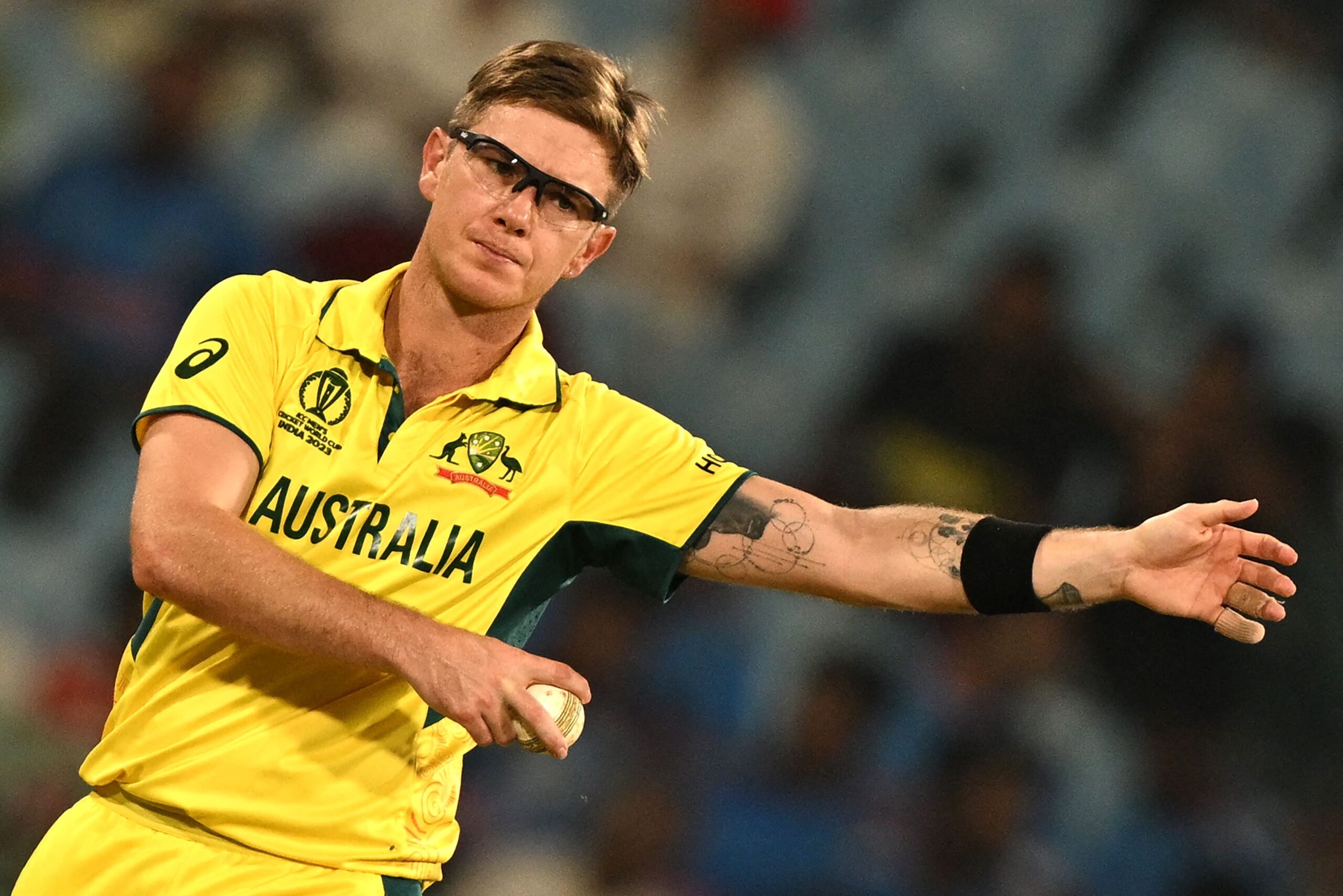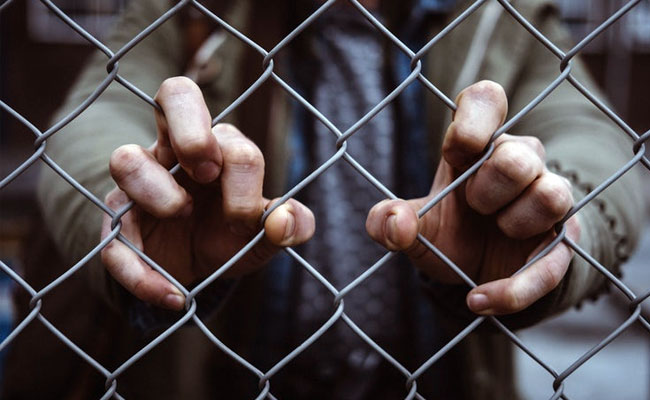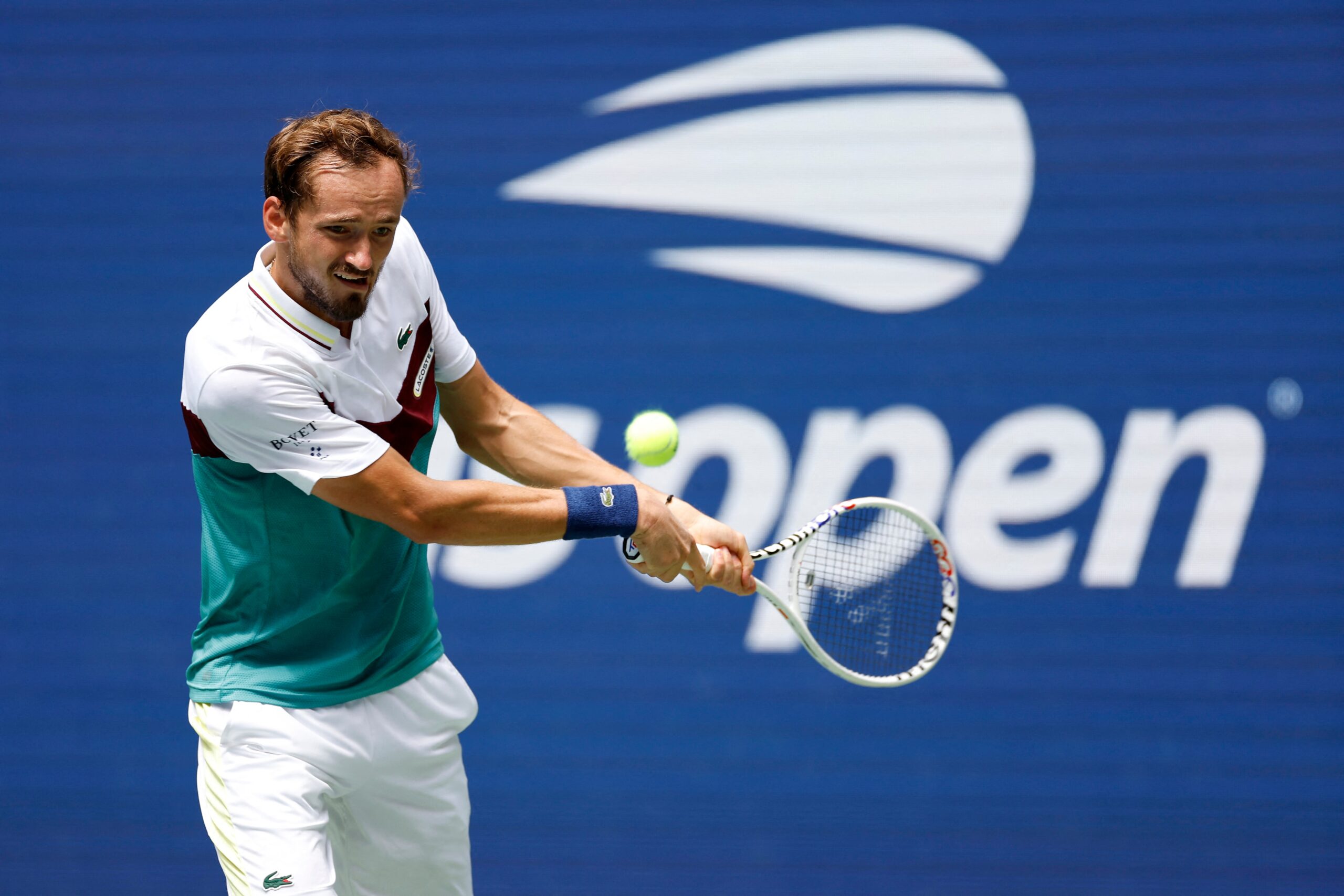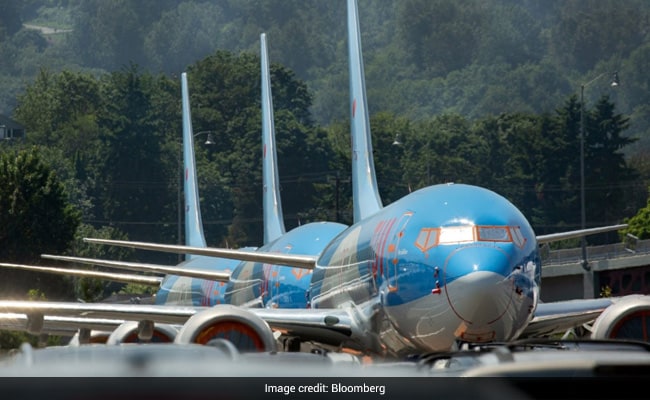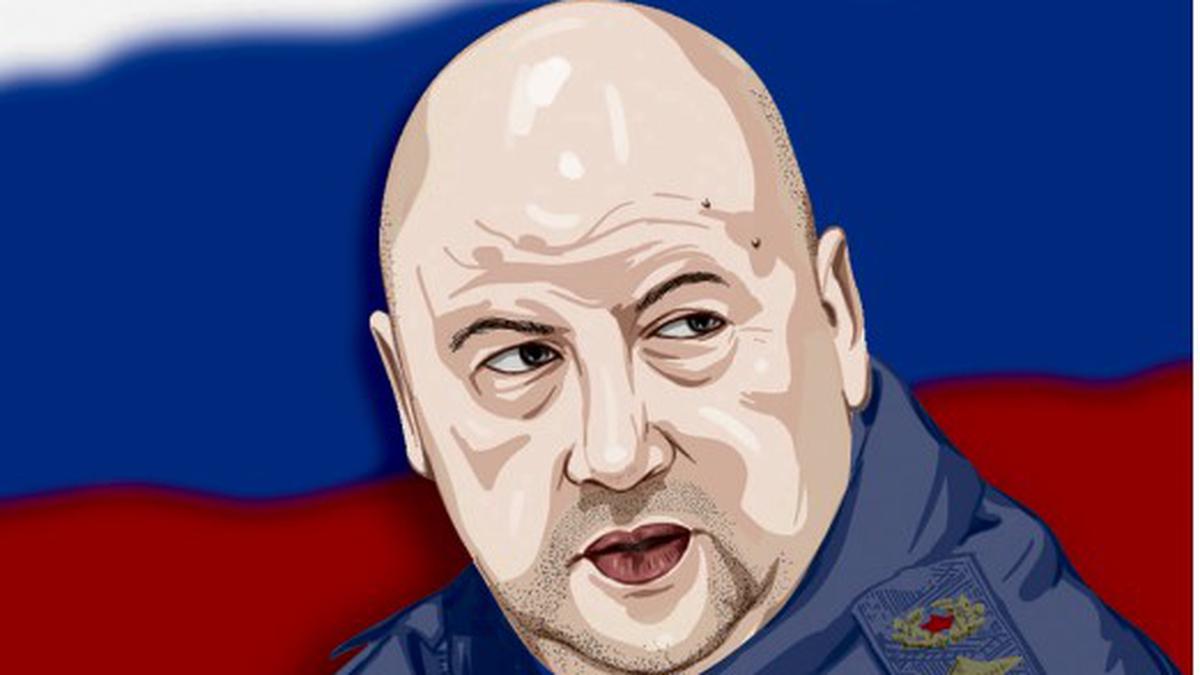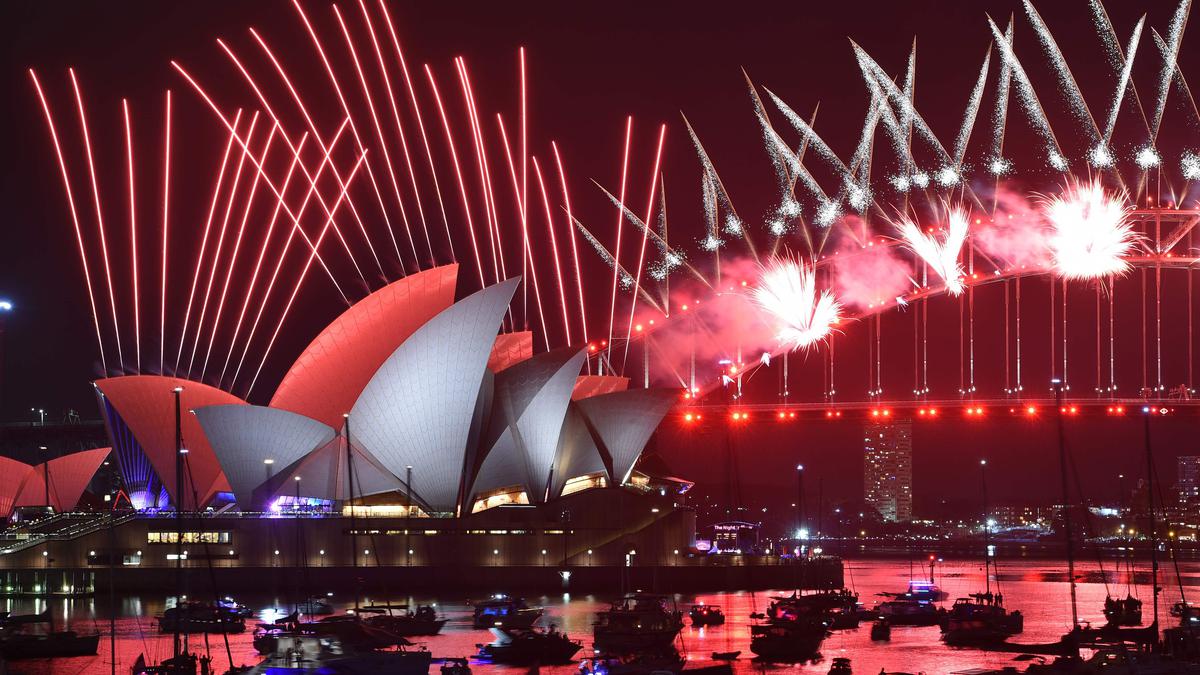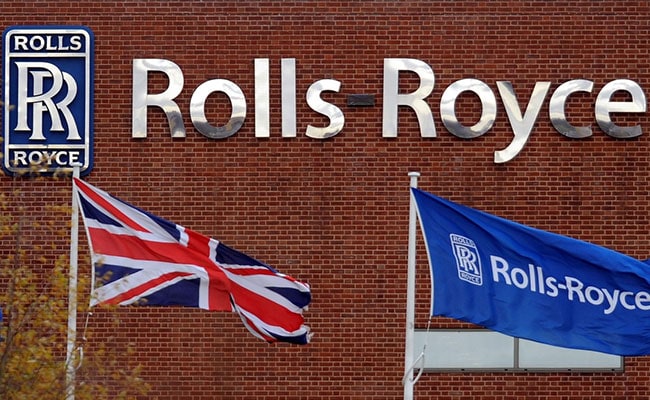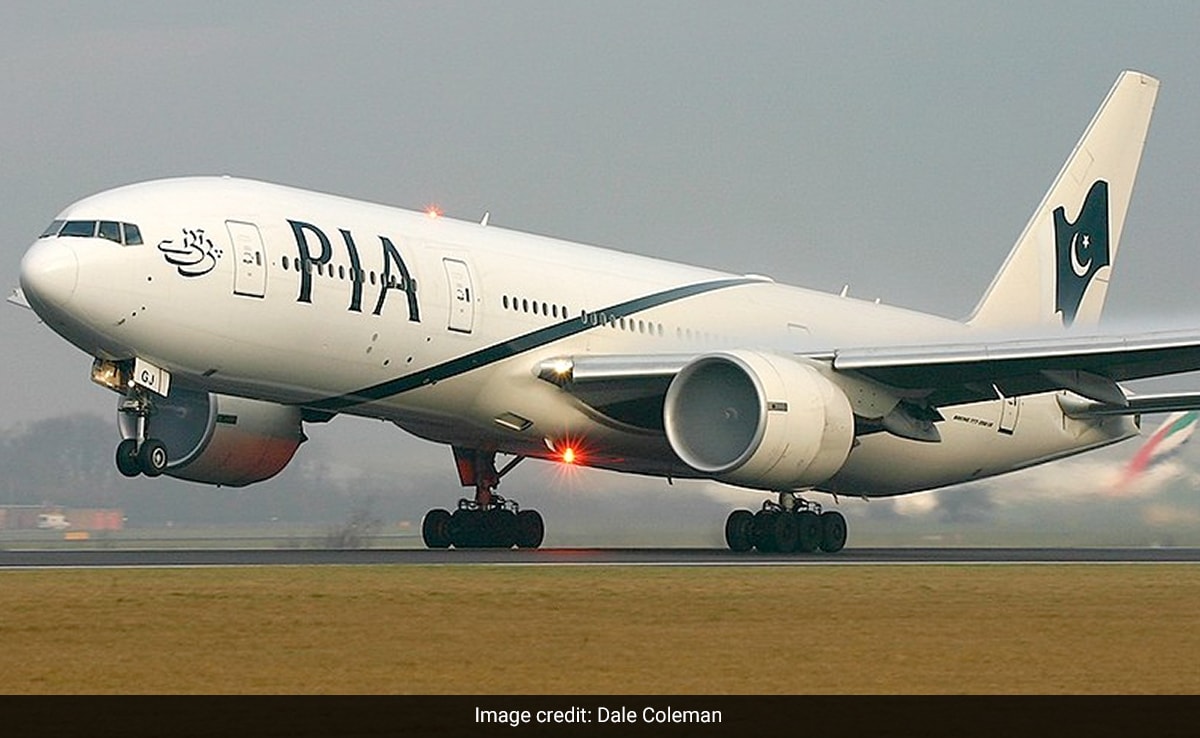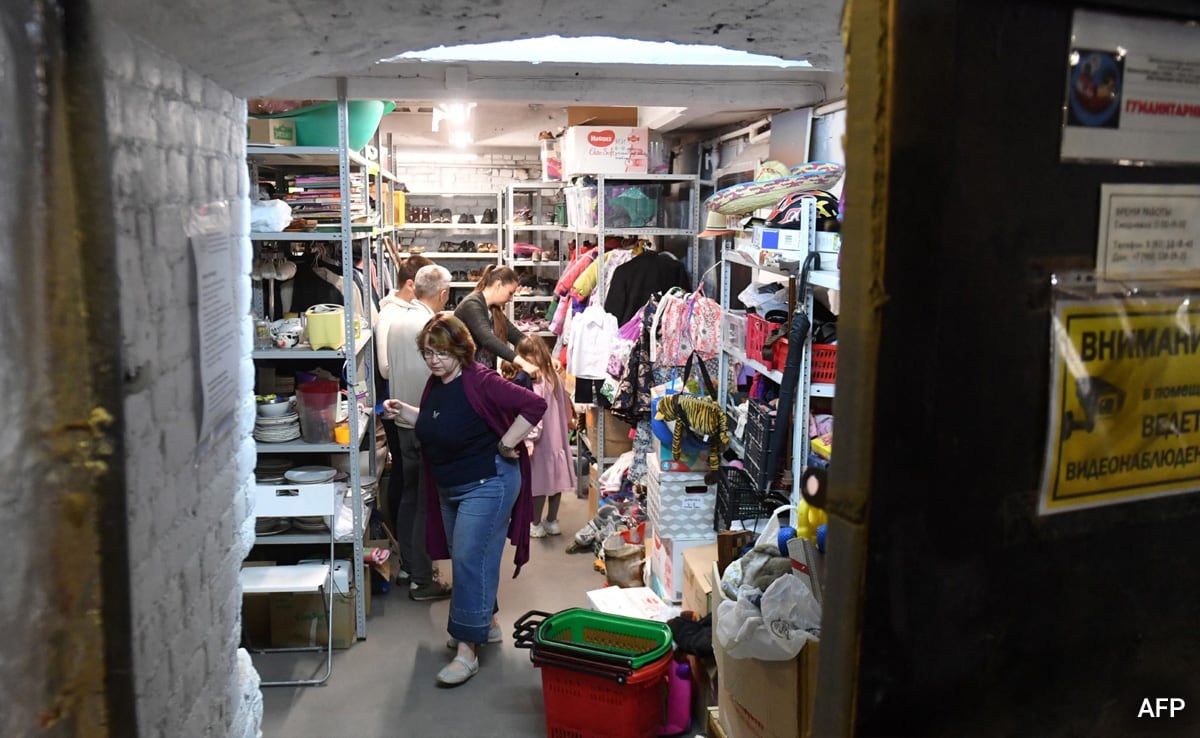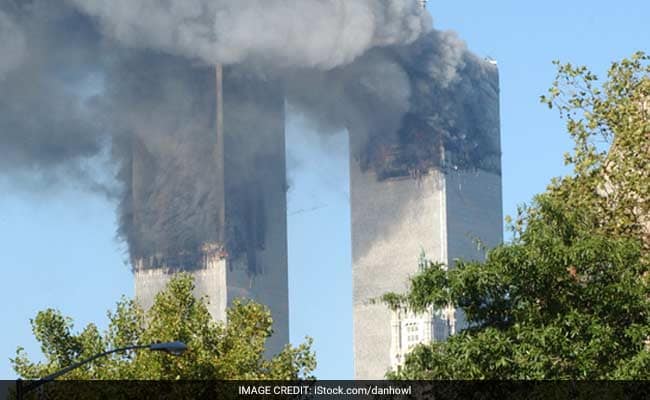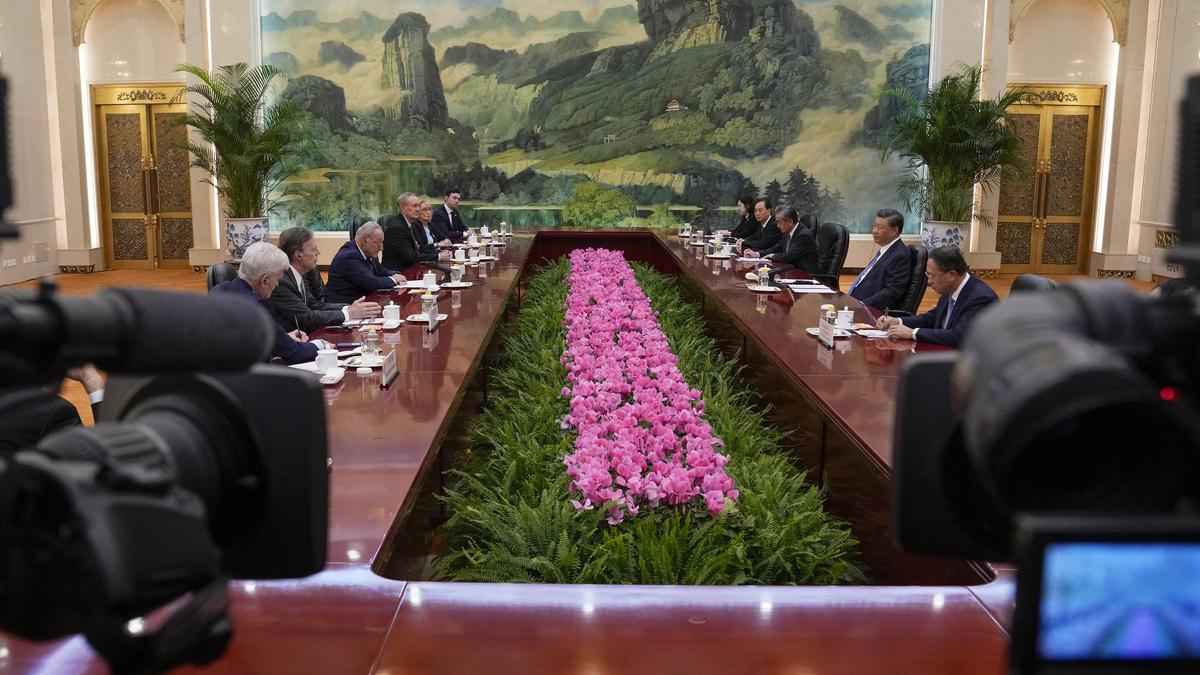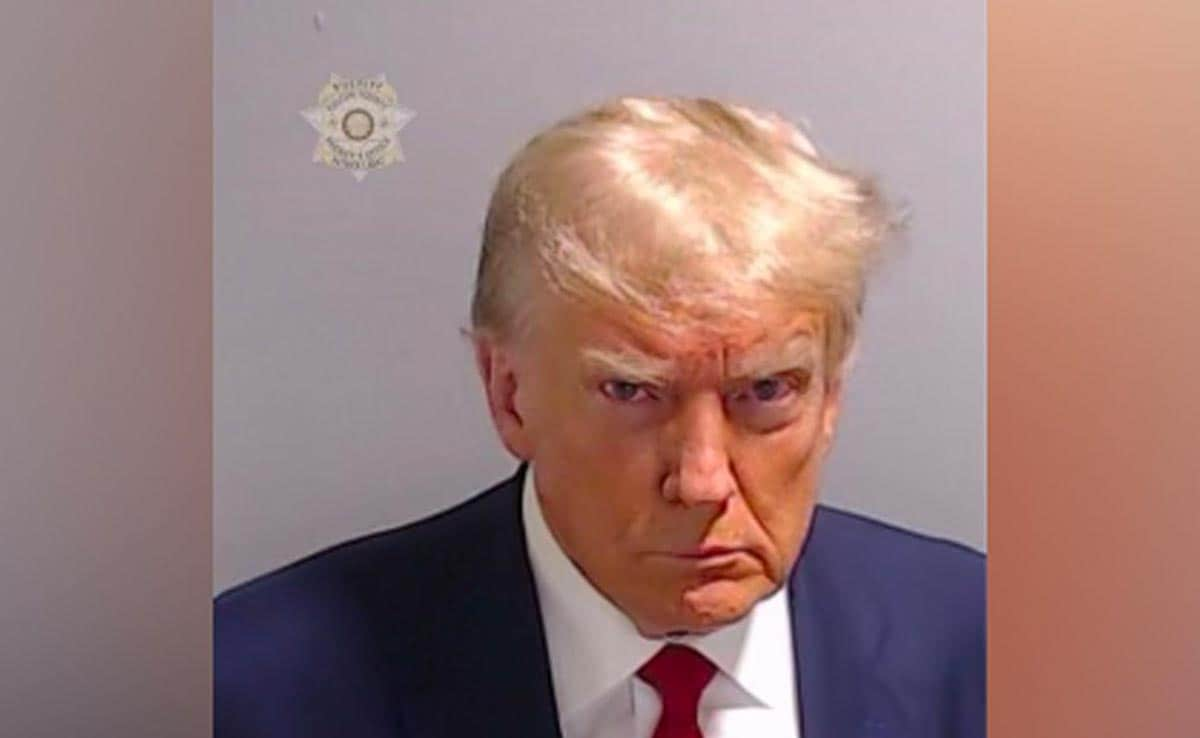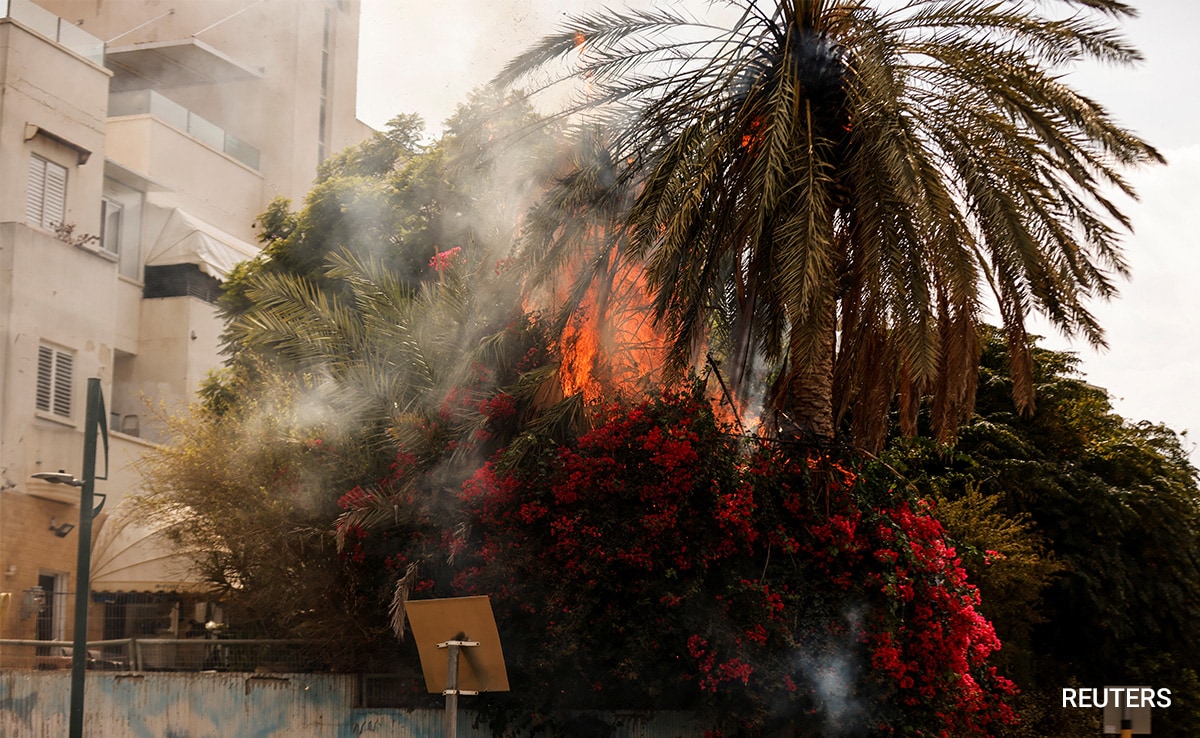His brutal but effective military campaign in Syria earned him the moniker of Gen. Armageddon. When Russian troops were forced to withdraw from the Kharkiv region in September-October 2022, President Vladimir Putin picked him as the commander of his “special military operation” in Ukraine. When he completed an orderly pull-back of some 30,000 Russian troops from the west bank of the Dnipro river in Kherson, sacrificing the Kherson city but saving the lives of his troops and turning the focus on bolstering defences along the eastern bank, he was called a General who would not shy away from taking bold decisions. He was also credited with building Russia’s massive defence fortifications along the 1,000-km long frontline which Ukrainian troops are finding hard to break through in their ongoing counteroffensive. Yet, Gen. Sergei Surovikin is now a disgraced figure in Moscow.
His story is that of a remarkable rise to the top echelons of Russia’s military and a quick fall from the top. And in between, there was Wagner, the Russian private military company founded by Yevgeny Prigozhin.
On June 23, when Prigozhin launched a mutiny against Russia’s top military brass, Gen. Surovikin, appearing in distress, issued a video message, asking the former Kremlin contractor to end the rebellion. Gen. Surovikin’s close ties with Prigozhin and Wagner were hardly a secret. They worked together in Syria where the General was the commander of the Russian troops and Wagner was fighting along with Syrian, Iranian and Hezbollah forces against the enemies of President Bashar al-Assad.
Before the mutiny, Prigozhin had repeatedly attacked Defence Minister Sergei Shoigu and Chief of the General Staff Valery Gerasimov, and demanded their ouster, but never targeted Gen. Surovikin. So when the mutiny was unfolding with a column of Wagner troops launching a “march” towards Moscow, it was clear that Gen. Surovikin was in trouble. The mutiny was averted through talks mediated by Belarusian leader Alexander Lukashenko. But Gen. Surovikin went missing on that day. His wife Anna said in an interview to the local media that he never returned home from work. In July, the Wall Street Journal reported, citing unnamed officials, that Gen. Surovikin, along with at least a dozen high-ranking military officers, was detained for interrogation. The Kremlin remained tight-lipped on his status.
Prigozhin’s death
On August 23, exactly two months after the Wagner mutiny, the Defence Ministry announced that Gen. Surovikin was fired as the commander of Russia’s Aerospace Forces, a position awarded to him in 2017. On the same day, a plane carrying Prigozhin and six other figures of Wagner from St. Petersburg to Moscow crashed northwest of the Russian capital, killing all those on board.
Born on October 11, 1966 in Siberia, Sergei Surovikin grew up in Brezhnev’s Soviet Union. He started his military career in the 1980s and fought in Afghanistan as a member of the Soviet Special Forces. In 1991, when a group of Soviet Generals tried to orchestrate a coup against Mikhail Gorbachev and prevent the collapse of the union, Commander Surovikin, taking orders from them, led a unit against protesters in which three civilians were killed. He was imprisoned briefly after this incident, but would be back in service after the charges against him were dismissed. He played a crucial role in suppressing insurgency in Chechnya as the commander of the 42 Guards Motor Division and his role in turning around the civil war in Syria earned him the Hero of Russia medal. When Mr. Putin sent troops to Syria in 2015, the regime of President Assad was practically surrounded by its rivals, who were backed by powerful regional and global players. Gen. Surovikin’s campaign would turn around the civil war.
But those were the glory days. Last week, days after Prigozhin was killed, a photo emerged on Telegram purportedly showing Gen. Surovikin, wearing civilian clothes, a baseball cap and sunglasses, along with his wife. His daughter told local media that he was not detained. But Russian authorities still won’t confirm the whereabouts of the General, who was the Supreme Commander of the Ukraine war until a few weeks ago.

